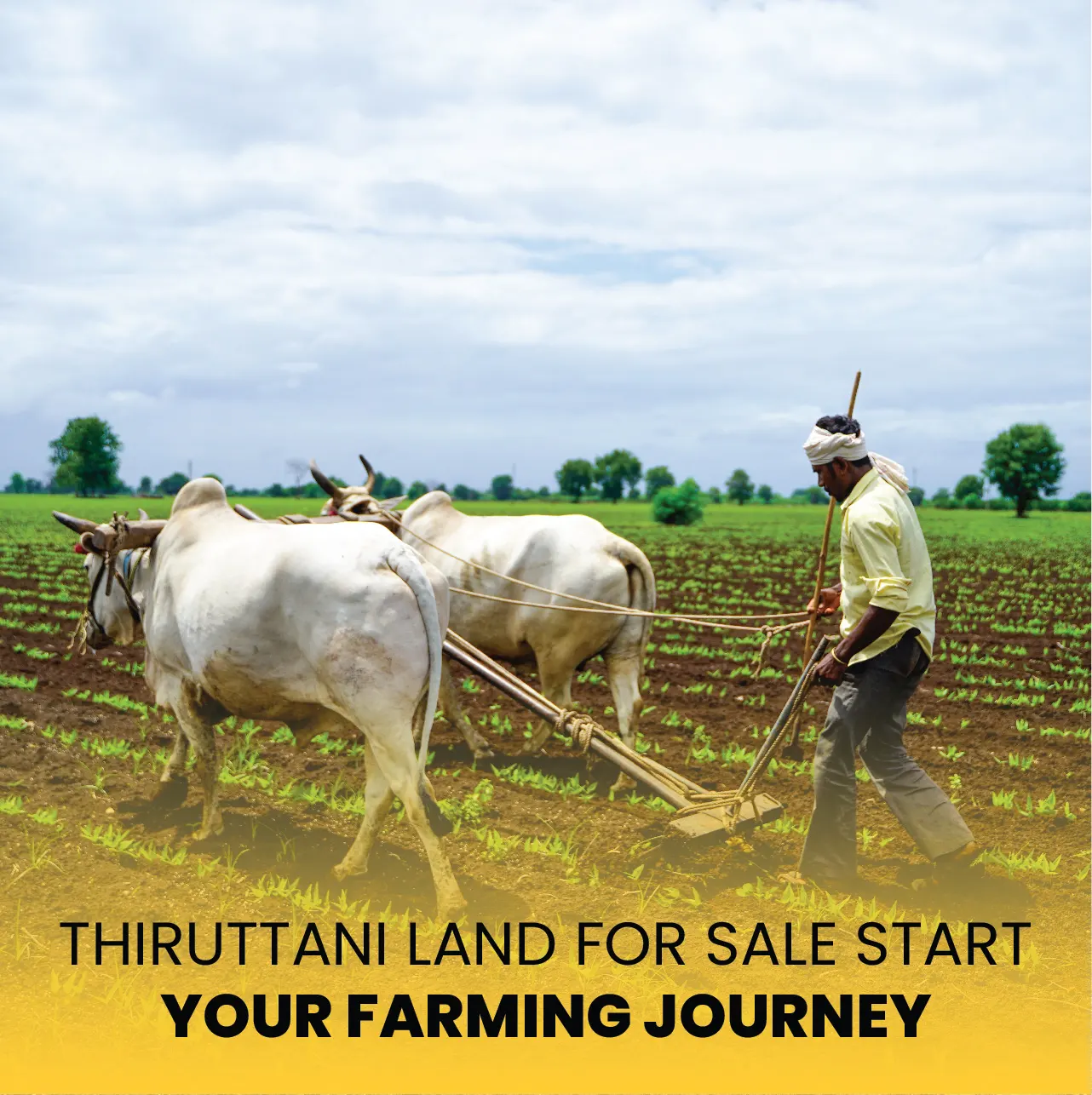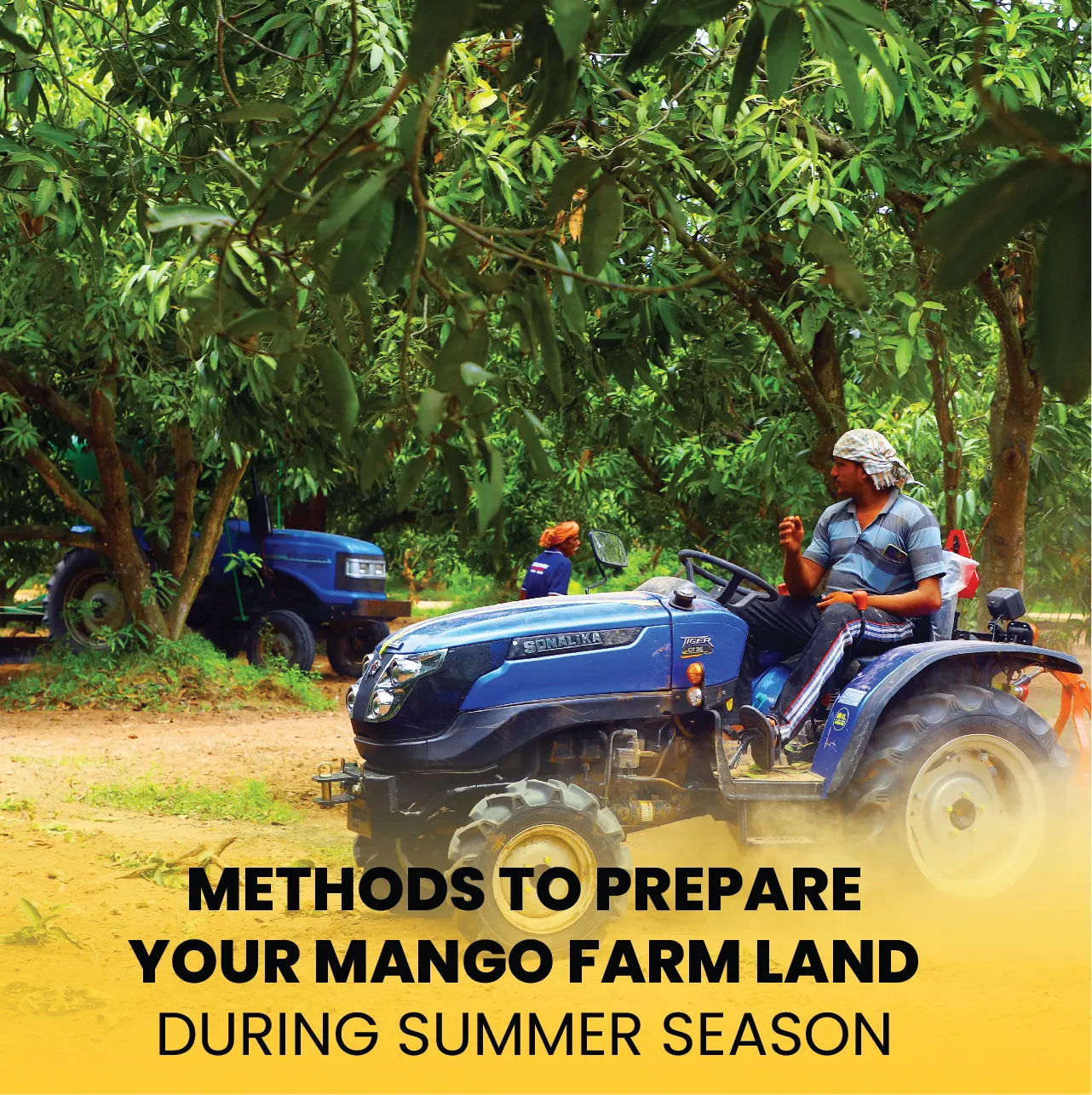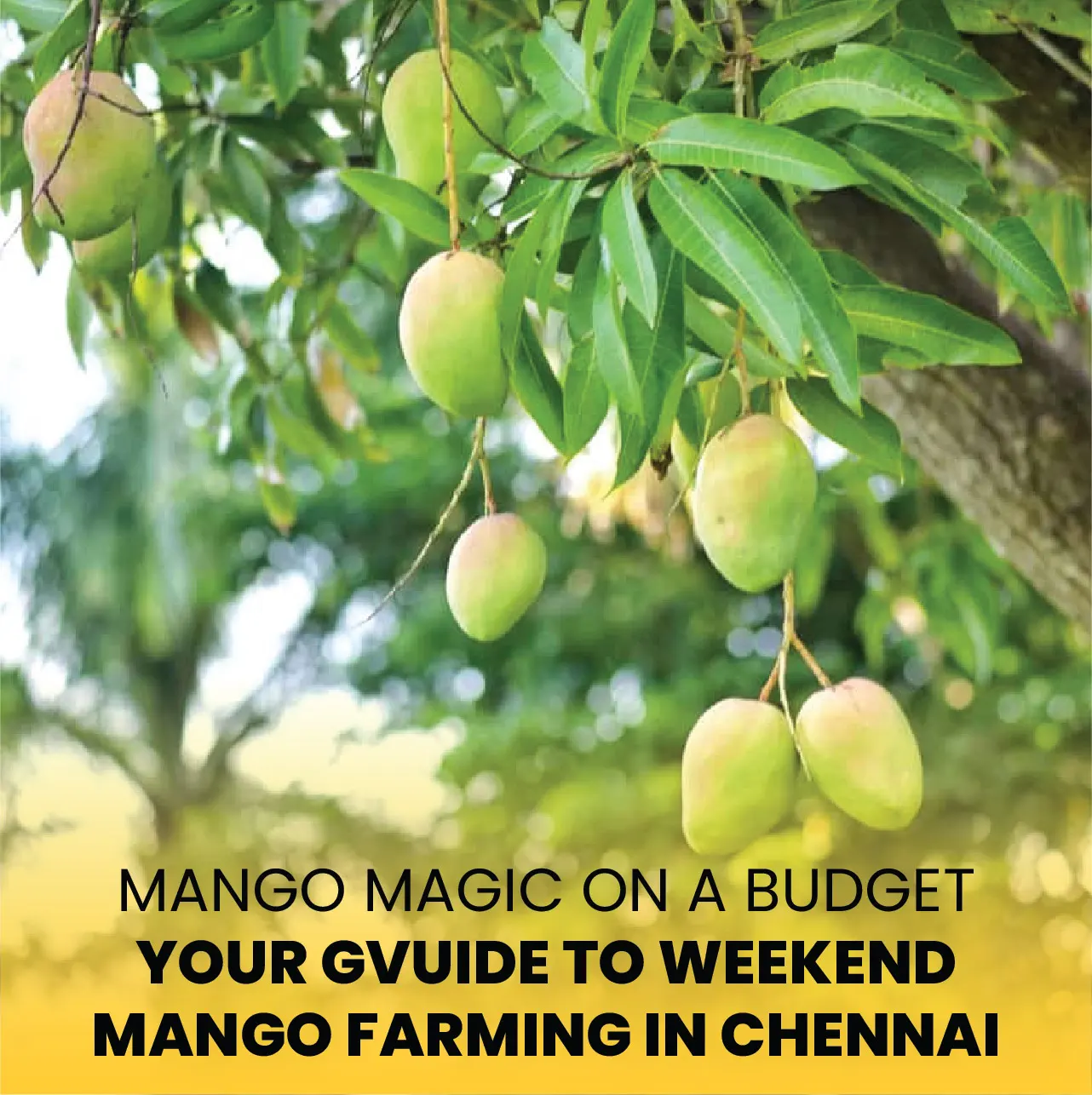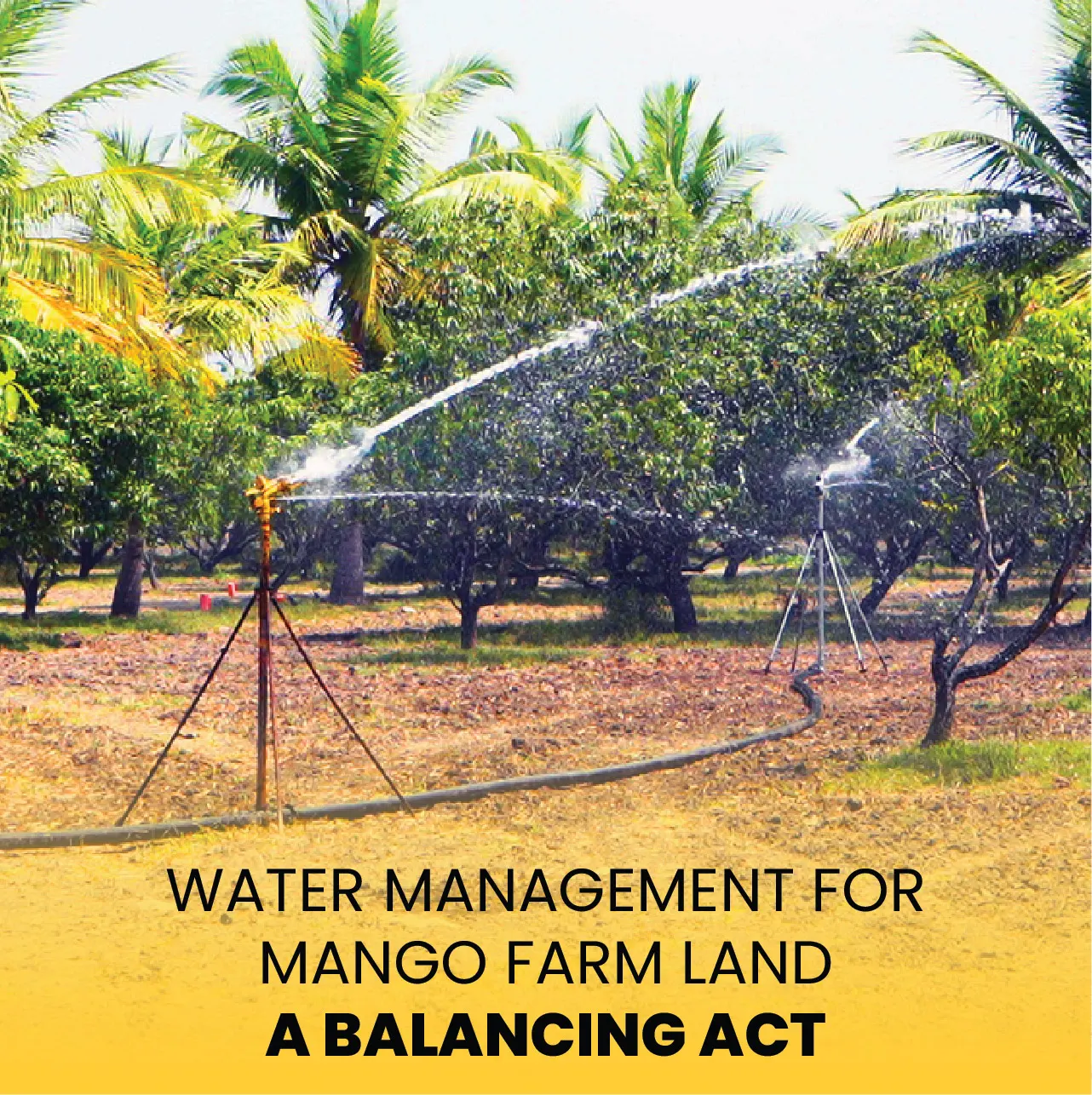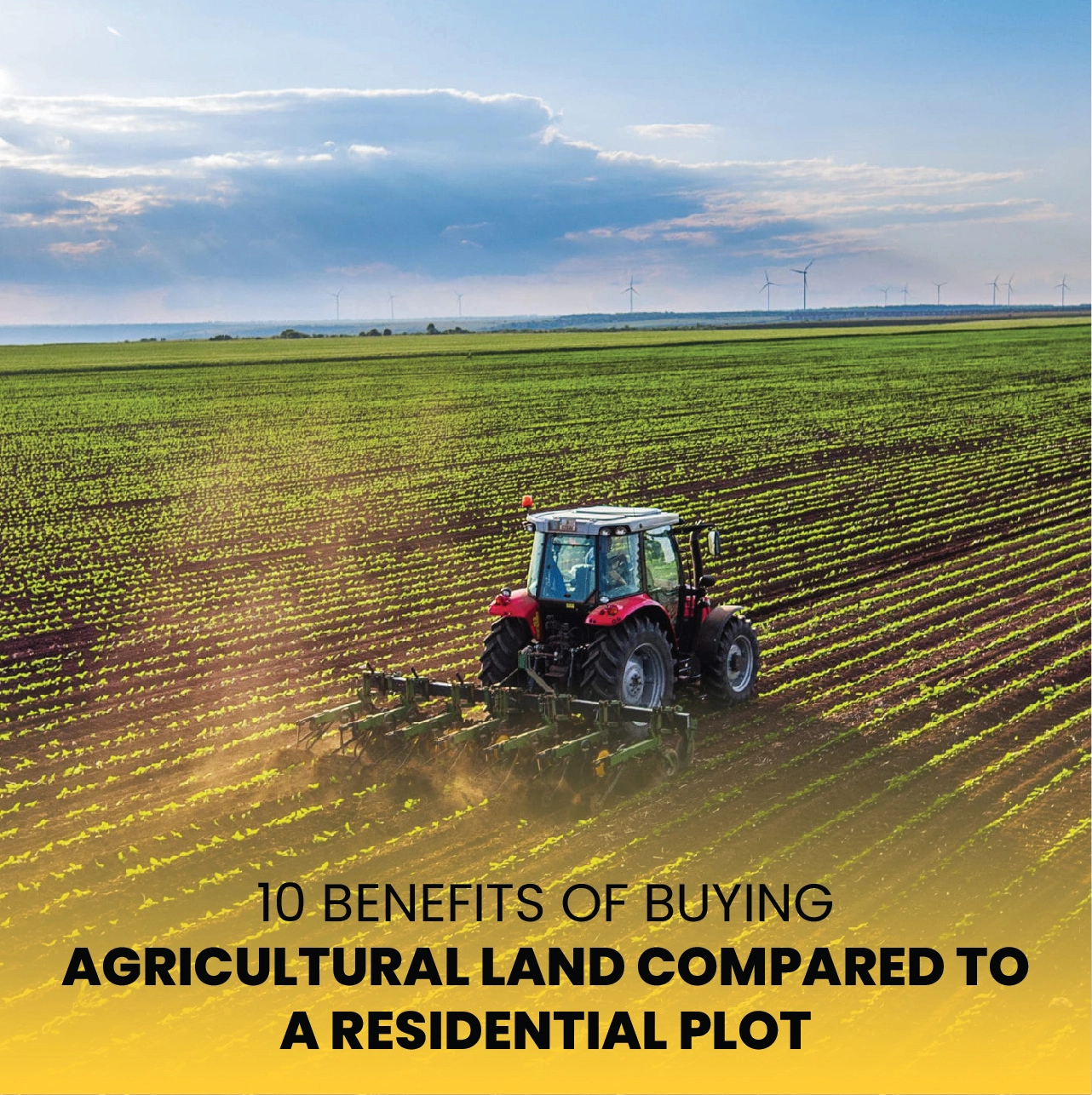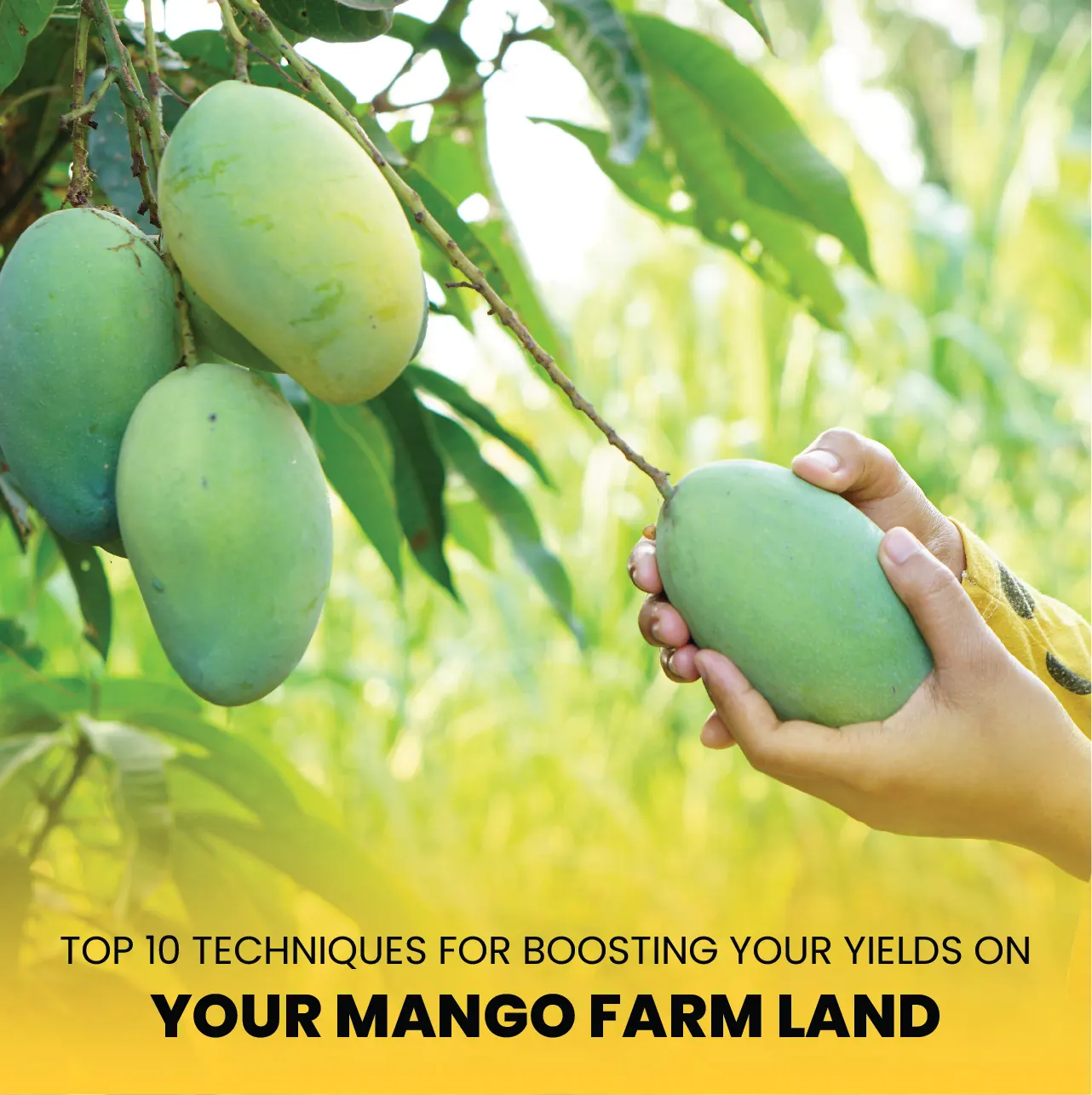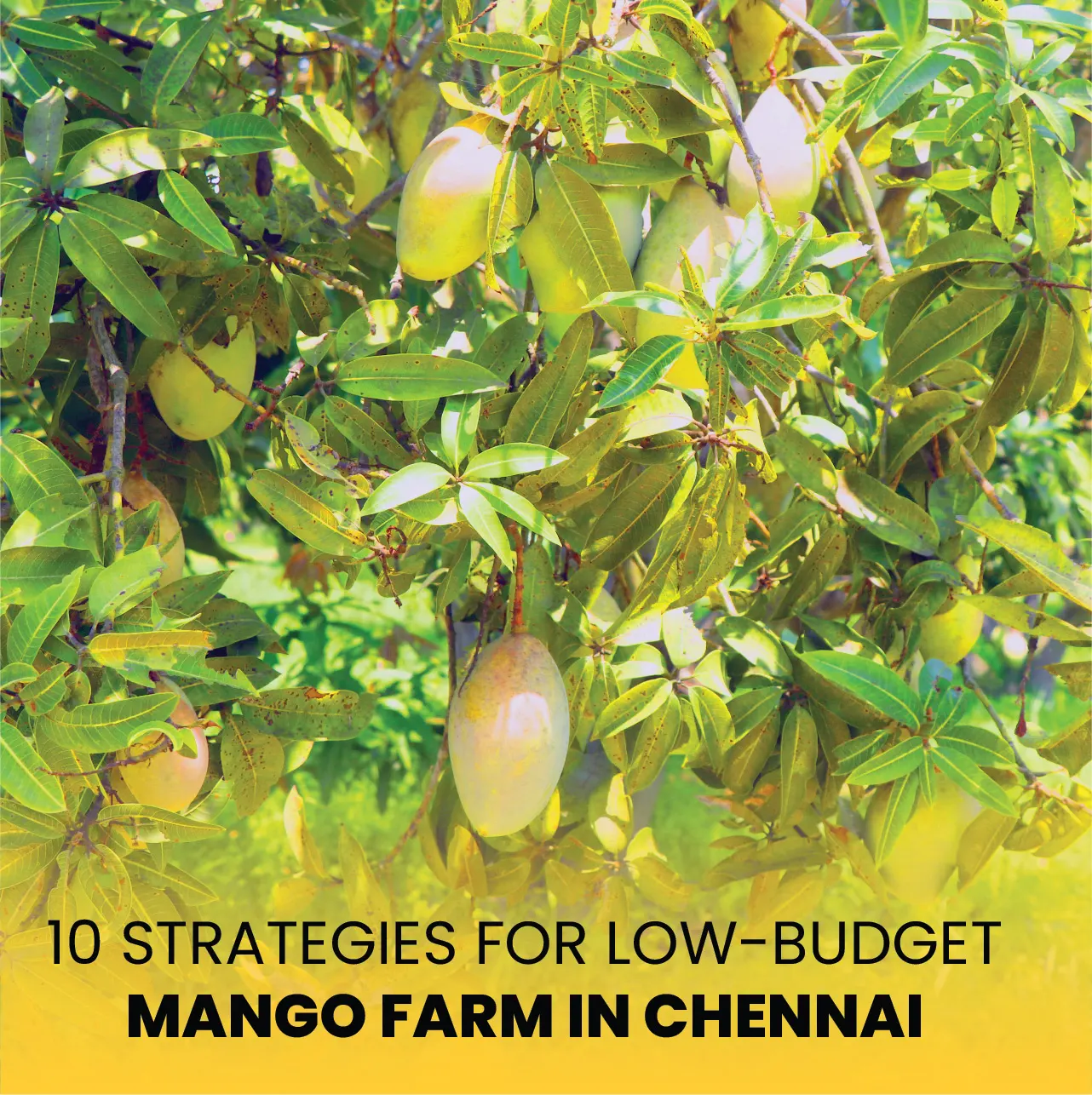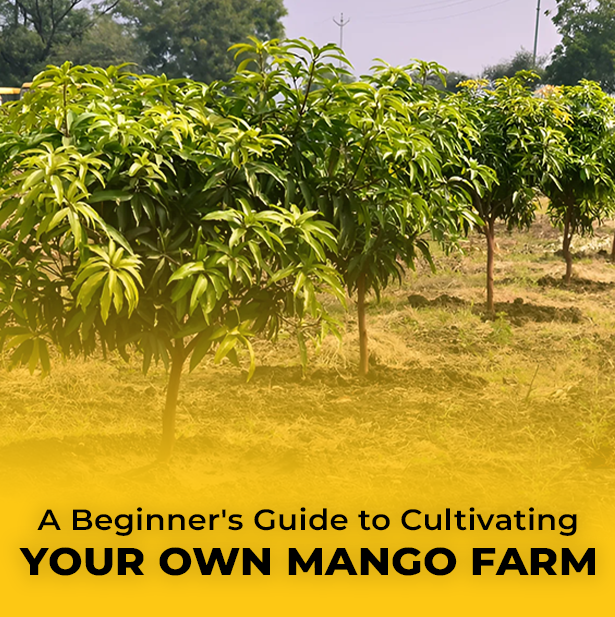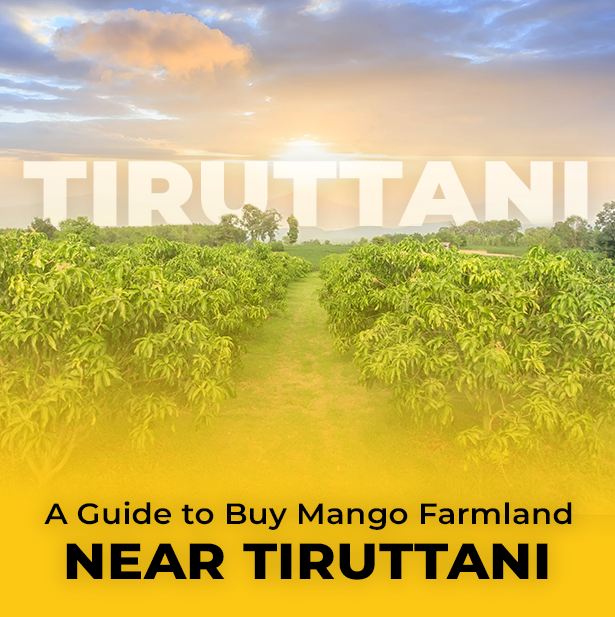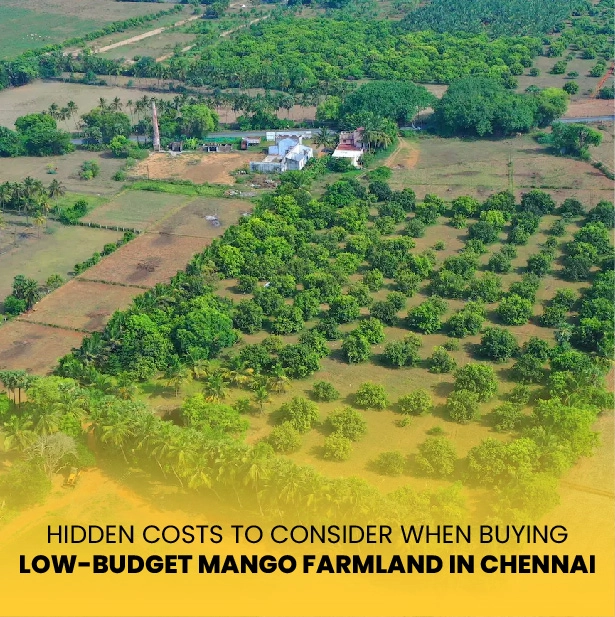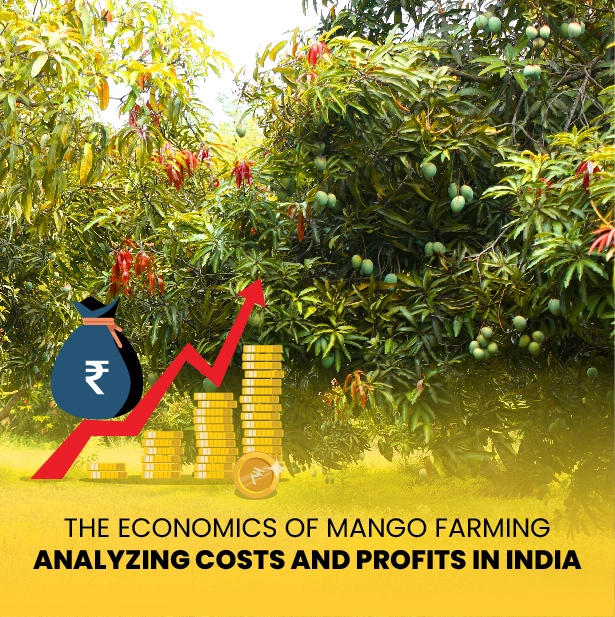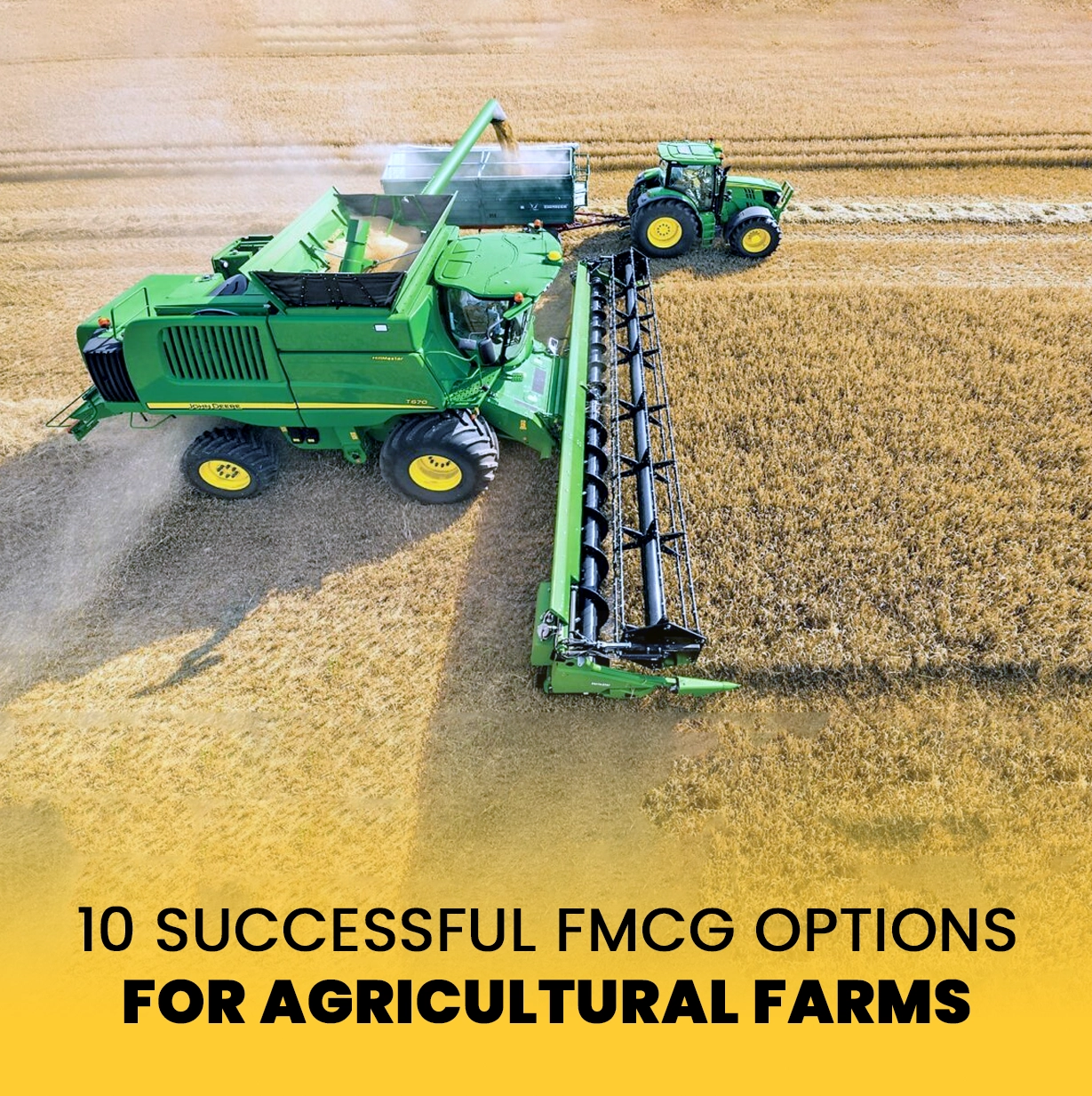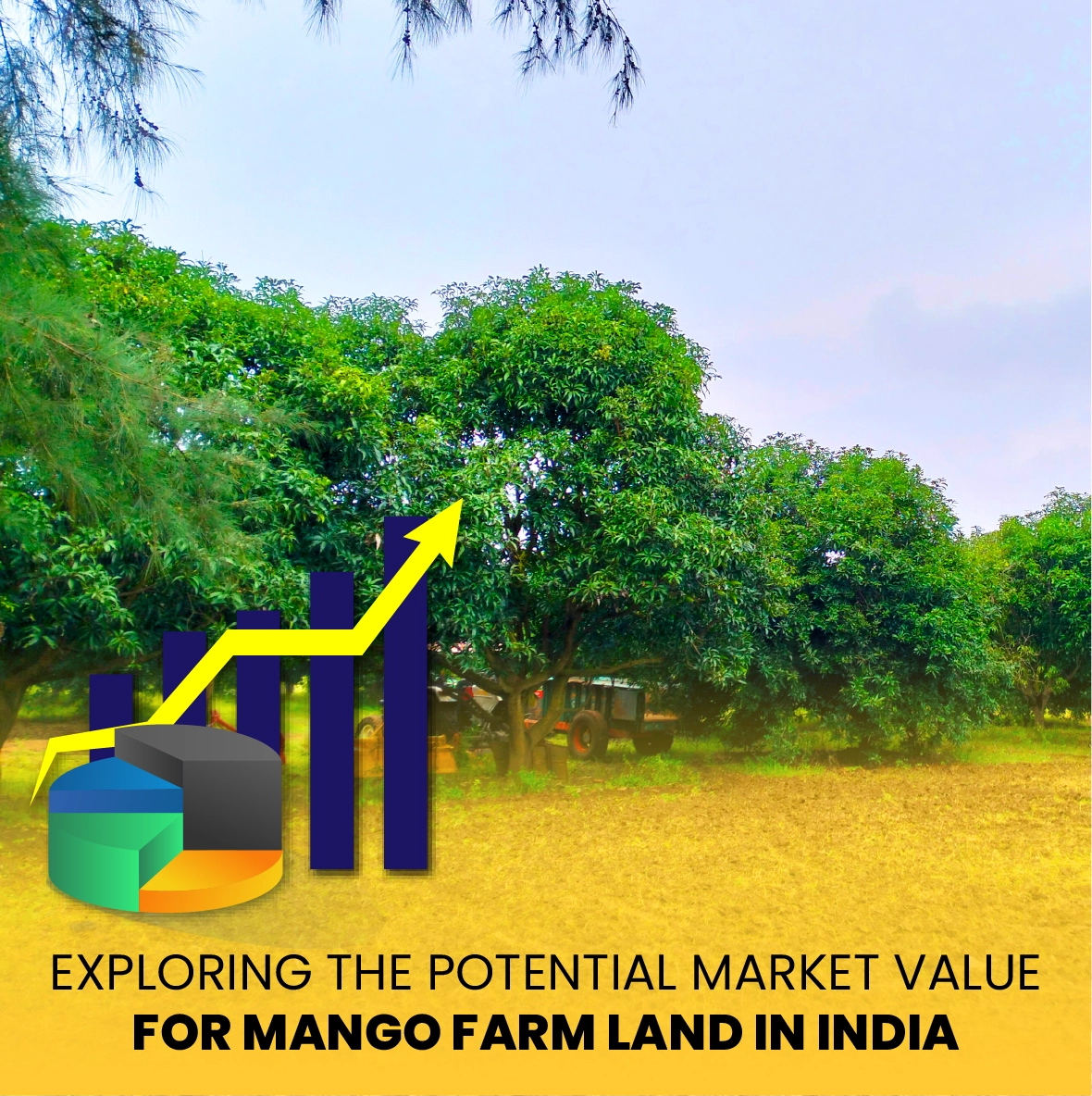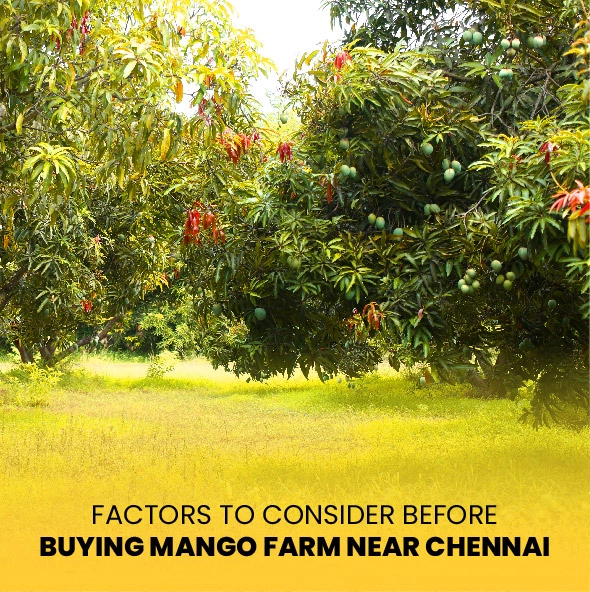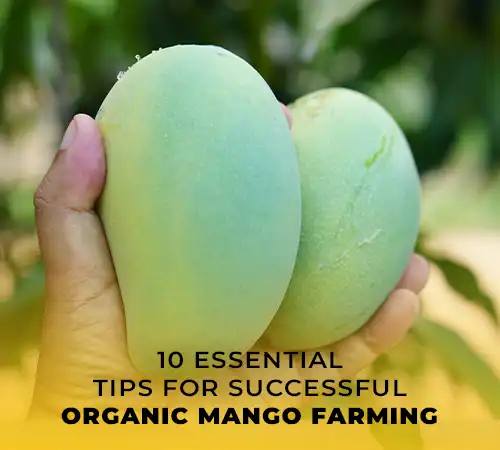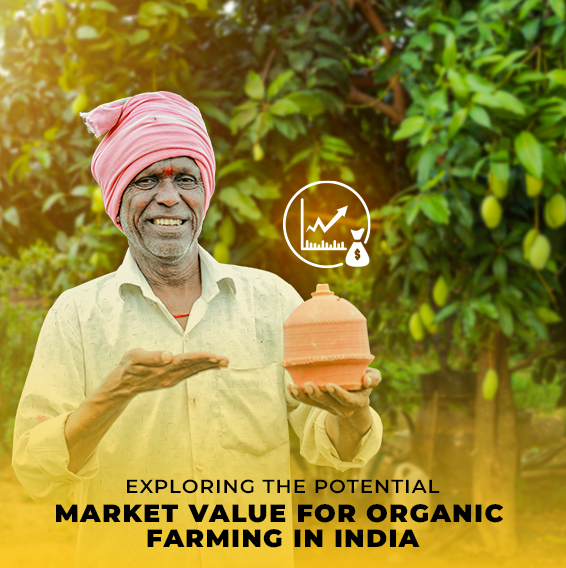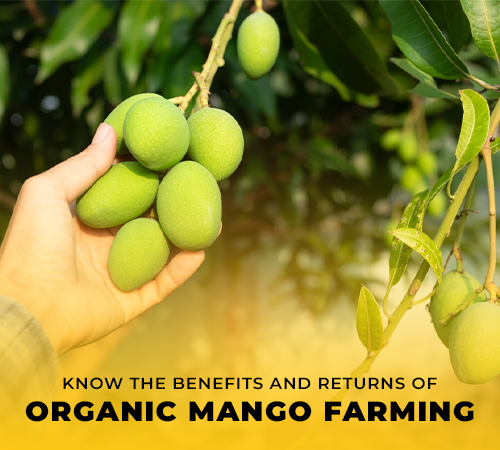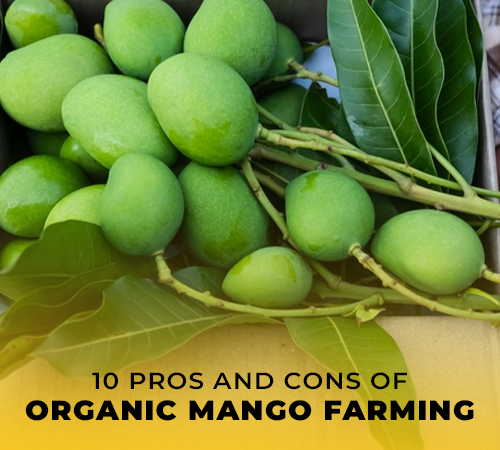When we look ahead to 2060, mango cultivation is set to change remarkably. Technology advancements, the growing importance of sustainability, and shifting market dynamics are all contributing to a transformation of the valuable agricultural farming industry. Mangoes grown in the future should not only yield more but also show a greater dedication to environmental preservation. Let us explore future generations.

By 2020, innovations in mango cultivation will focus on incorporating modern technologies. Advanced sensors and IoT devices will enable farmers to have real-time data on soil health, moisture levels, and weather conditions, therefore transforming precision agriculture into the standard. With this abundance of knowledge, farmers will be able to maximize their water use, fertilizer application, and pest control strategies, resulting in increased yields and a lower environmental impact. Maintaining sustainable and effective resource use is primarily dependent on accurate farming. Robotic technologies will also be vital for mango cultivation. From tracking crop health and providing solutions for helping with harvesting, autonomous drones will manage a variety of jobs. These drones will guarantee better yields and healthier crops via early detection of problems using superior imaging technology and quick resolution of them. Robotic harvesters, working with human workers, will pick mangoes at ideal maturity, reducing waste and improving fruit quality. These technologies will allow for higher production and help solve labour shortages, making mango farming more profitable and scalable.
By 2060, sustainability will be a cornerstone of mango farming methods. Growing knowledge of environmental problems will drive consumers towards more responsibly produced food. Mango farms that use organic farming techniques, natural fertilizers, and biological pest management to preserve soil health and biodiversity will produce mangoes free of dangerous chemicals, appealing to health-conscious consumers and thereby promoting long-term environmental sustainability. The focus on organic farming will help to guarantee that mango farming will always be sustainable and profitable for next generations.
Agriculture is seriously challenged by climate change; mango growing is not an exception. Still, advances in genetic research will result in mango variants with climate resilience. These new strains will guarantee consistent harvests even when environmental conditions vary by being more resistant to pests, illnesses, and severe weather. Maintaining the profitability and output of mango farms in the face of environmental constraints will depend on the evolution of these robust types.
Driven by their appeal in conventional markets and increasing awareness in new areas, mangoes are predicted to be in ever increasing demand worldwide. Better logistics and transportation will help fresh mangoes and processed goods such as pulp, juice, and dried mangoes be exported to other countries. Farmers who seize these growing opportunities will benefit from increased income and more consistent economics. Improvements in supply chain management will help to guarantee that mangoes are supplied fresh and in optimal shape, thereby supporting access to global markets. Success in the mango-growing sector depends on diversity. Beyond just fresh fruit, value-added goods include beauty products, beverages, and mango-based snacks, which will find demand. By means of processing facilities and investigating new product lines, mango growers will be able to seize more market share and increase their profitability. Value-added products would not only create new income sources, but they would also enable farmers to reduce risks associated with changes in the fresh fruit market.
Local communities, especially in rural regions, will be much changed by the development of mango growing. Modern technologies and sophisticated training will enable smallholder farmers to raise revenue and output. They will offer support and resources, foster collaboration, and foster shared growth. These cooperatives will allow farmers to use the best techniques, reach new markets, and improve their quality of life. The direction of mango farming will depend mostly on research and education. Closely working with farmers, agricultural colleges, and research facilities will create creative ideas and distribute best practices. As new difficulties and opportunities arise, constant development and adaptation will be critical to ensuring that mango farming remains a vibrant and changing sector. Working together, farmers and researchers will inspire creativity and enable the sector to remain competitive in a world fast evolving.
Mango growing also contributes to the economic development of rural communities. The sector will boost local businesses, generate employment, and raise the overall quality of life through projects. Emphasising organic farming and sustainable methods will help to promote better ecosystems and support rural areas' welfare through environmental benefits. Mangoes' socioeconomic benefits will help to guarantee their long-term survival and success.
Many new trends and possibilities. One such trend is the fusion of genetic engineering and biotechnology. Scientists will continuously develop new mango varieties with enhanced features such as better taste, longer shelf life, and greater resistance to illnesses and pests. These developments would expand the market for mangoes and provide producers with new opportunities.
Growing focus on sustainability and environmental preservation is another significant trend. Consumers are becoming more aware of how their food choices affect the environment, so this change in consumer preferences will stimulate demand for responsibly produced mangos. Farmers who use environmentally friendly methods and earn certifications for organic and sustainable farming will be positioned to satisfy this demand and gain a competitive edge in the market.
Furthermore, crucial for the future of mango farming will be the application of digital platforms and e-commerce. Direct-to-consumer sales channels and online markets will let producers sell their goods at more margins and reach a larger audience. Farmers can use digital technologies to interact with customers, develop brand loyalty, and open up new commercial prospects. Direct consumer sales will help to lower dependence on middlemen and boost profitability.
Mango cultivation in 2060 promises to be an intriguing fusion of history and creativity as we get ready for the wonderful trip ahead. Adoption of innovative technologies, sustainable practices, and a sharp eye on market dynamics will guarantee a bright and rich future for the sector. Whether you dream of investing or are an experienced farmer, now is the time to seize the opportunities that lie ahead and embark on this transformative journey. Mangos are about to explode, providing delicious treats and environmental development for future generations.
All things considered, changing market dynamics, sustainable practices, and technology innovations will define mango farming going forward. Those who welcome innovation and adjust to these changes will be well-positioned to thrive in the coming decades. The mango cultivators can ensure a bright future by investing in new technologies, using sustainable methods, and investigating fresh market prospects. Mango farming is a very fulfilling activity, as the path ahead seems to be full of fascinating events, mouthwatering fruits, and sustainable progress.
